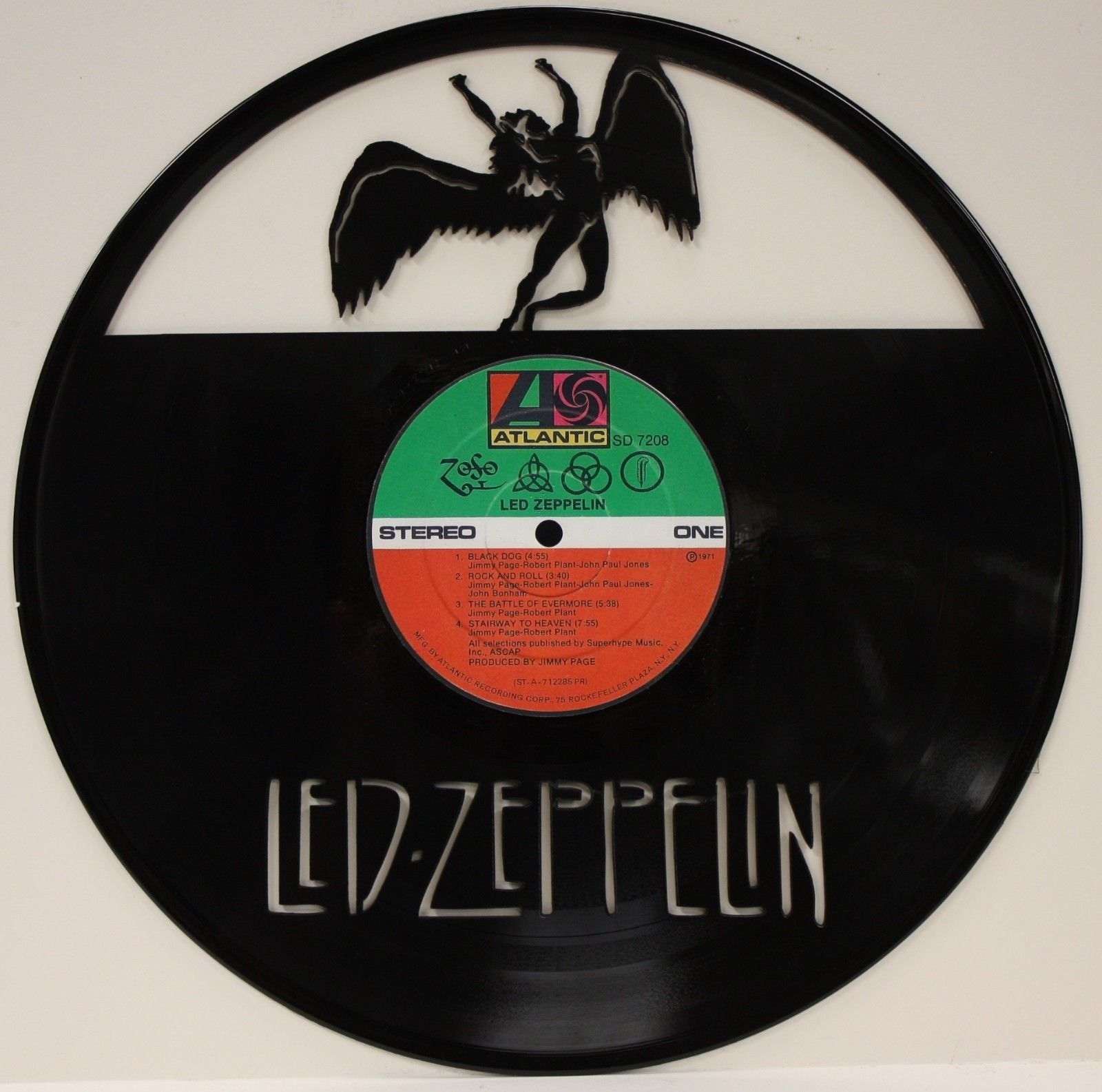

As for Plant, he still more gamely attempts to add a little muezzin, Natasha Atlas-style topspin to his vocal performance. Kashmir sees Jason gamely retrace his father’s tree-trunk drumstick rhythms. John Paul Jones is given his due moments in the spotlight on keyboards, underpinning the breakneck boogie of Trampled Underfoot, driving Misty Mountain Hop and providing those submarine undulations that course through No Quarter, and he holds up as expected – a reminder that the Led Zeppelin canon could maybe have done with a few more such JPJ contributions. Here, rendered exclusively as electric numbers, they feel a little black and bleary. Versions of Ramble On and Stairway To Heaven don’t quite work either, relying as they do on studio-created contrast between their bucolic acoustic and broadside electric elements. It’s as if the old reflexes have temporarily deserted him. But that classic moment when he snaps out of the reverie with a thunderbolt of reverb feels rather less sharp and adeptly handled than on the version on The Song Remains The Same, or the bootleg takes of the track. So, when it comes to Dazed And Confused, the mid-section works well in the initial stage of elevation and suspension, hanging in the ether like a grainy, analogue, linear image of a UFO. His playing isn’t exactly exquisite, more of a tremulous rumble, inexact in detail, slipping and sliding. And on In My Time Of Dying, one of the highlights of Physical Graffiti, he squeezes and slides out the black stuff with the same moaning, erotically supercharged, heavy menace of the original.
Led zeplin records manual#
Page’s guitar is less susceptible to time’s fraying effects, however, and on Black Dog he can, with a few deft, manual swishes, still tear down the roof with those crashing riffs. On Good Times, Bad Times, the appropriate opener, Plant prudently takes his voice down a register – now those 1969 days are gone, he can’t quite scrape the raucous heights he used to vocally, certainly not over the long haul. The O2 gig was a triumph, the recording of it is a little less forgiving.

Were they as good as they ever were? No, they were not. Everyone had a terrific time, and the Celebration Day double CD (and DVD, and triple vinyl) provides the ultimate souvenir of the occasion for all that attended. Jason Bonham was an admirable substitute for his late father. Zeppelin’s Ahmet Ertegun-honouring O2 Arena reunion show was a triumph, final proof that, if necessary, Zeppelin could still do Zeppelin. You’ve clearly got all of the Led Zeppelin albums already, so here’s the order in which you should set fire to them if held at gunpoint by a disgruntled ex-lover. Audiences broke records, albums camped out at the top of charts and during their 12-year existence, Led Zeppelin casually conquered Earth. Ever more epic live shows were marked by extensive improvisations by four virtuosi whose inspired ensemble interplay seemed almost supernatural in origin. Inexplicable anonymity aside, Zeppelin’s hugeness was preposterous, and as their fame ballooned, their artistic vision expanded to match.

And before you could say ‘swiftly signed to Atlantic, relentlessly toured’, they were the World’s Biggest Band that, for some reason, nobody you knew had ever seen on television. Their manager Peter Grant’s lack of confidence in the record buying public’s pronunciation skills, allied to an innate instinct to think big, translated The Loon’s withering sarcasm into ‘Led Zeppelin’. Upon forming in 1968, Jimmy Page, Robert Plant, John Paul Jones and John Bonham took their name from a supposition from Keith Moon that their band was destined to go down like a ‘lead balloon’.


 0 kommentar(er)
0 kommentar(er)
